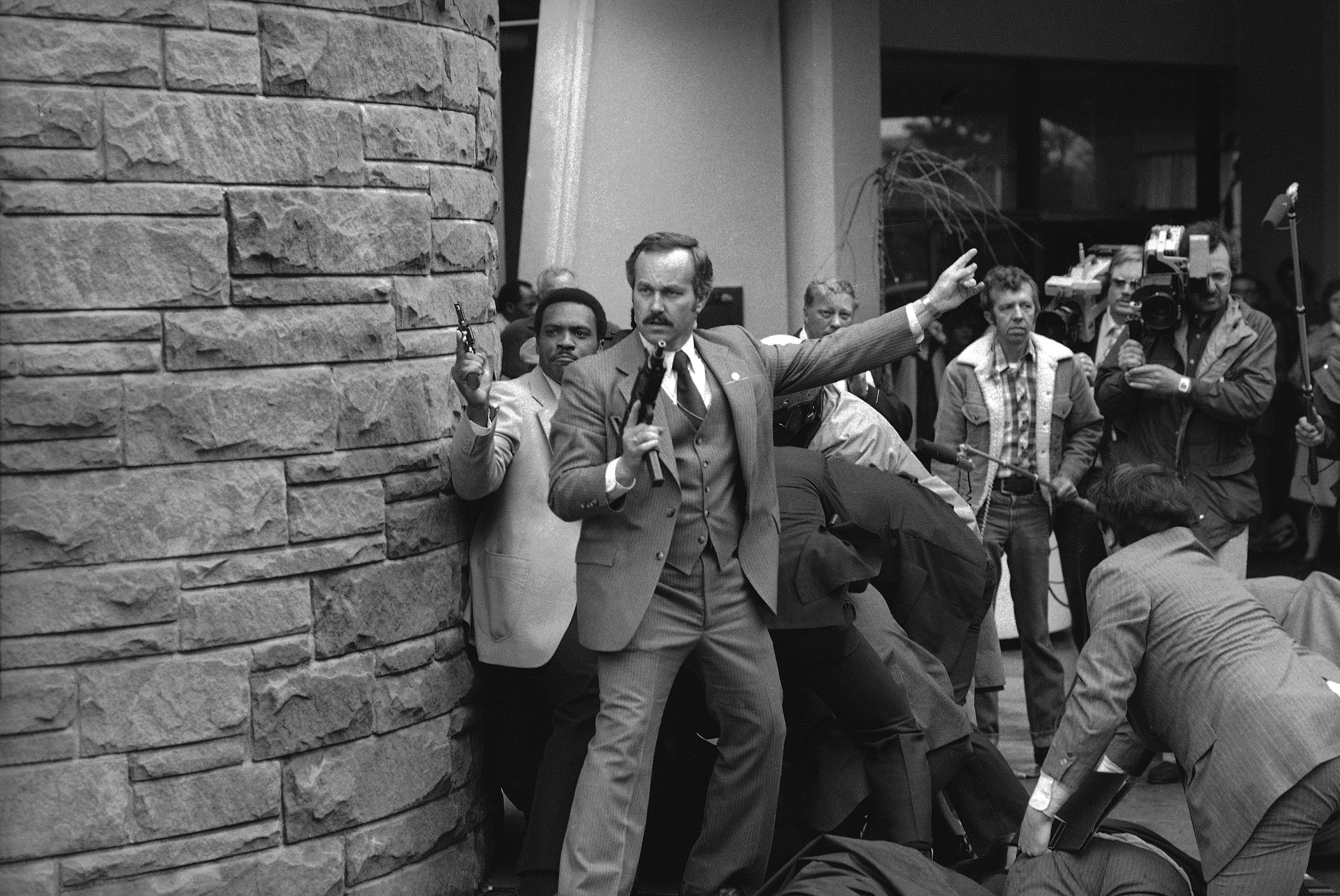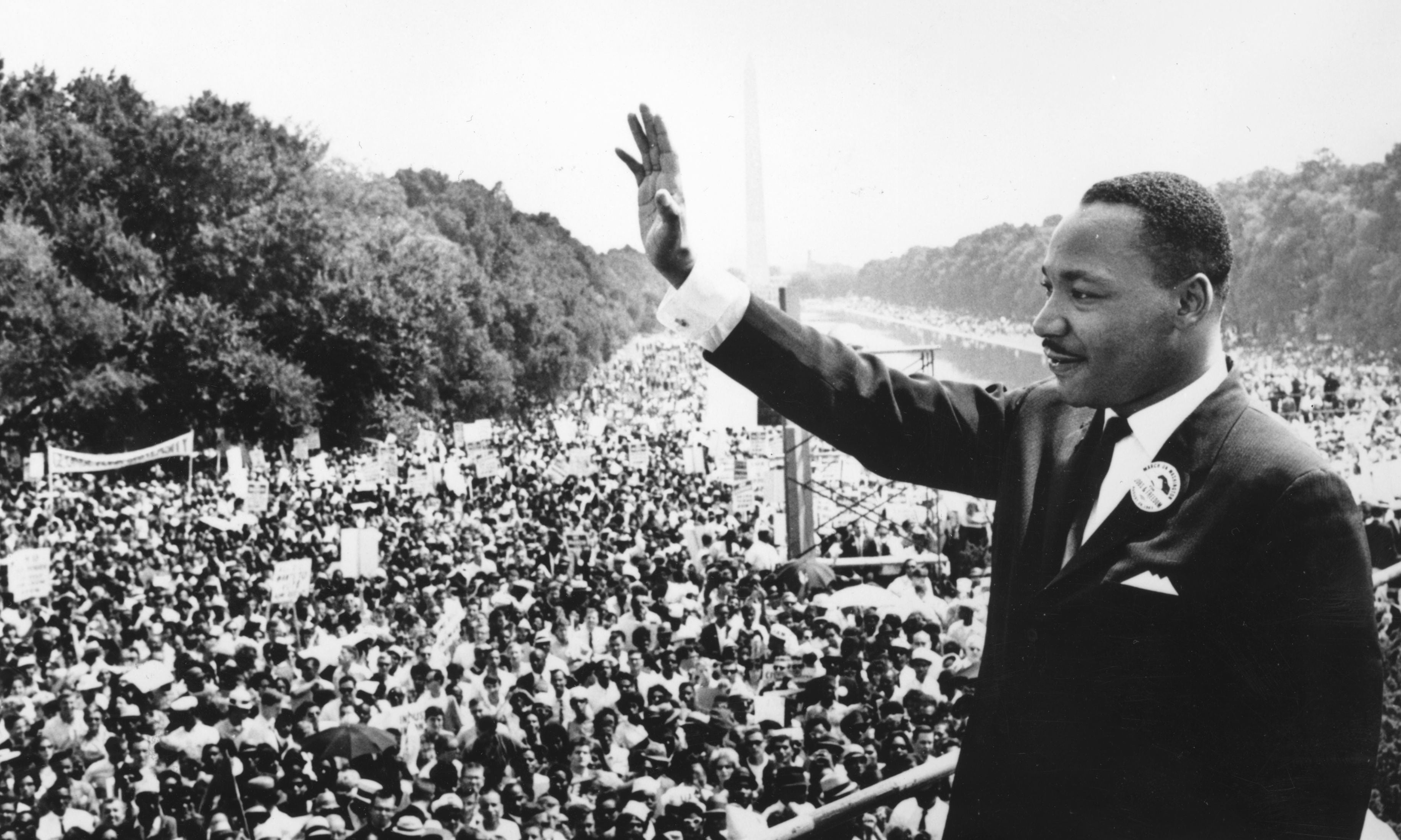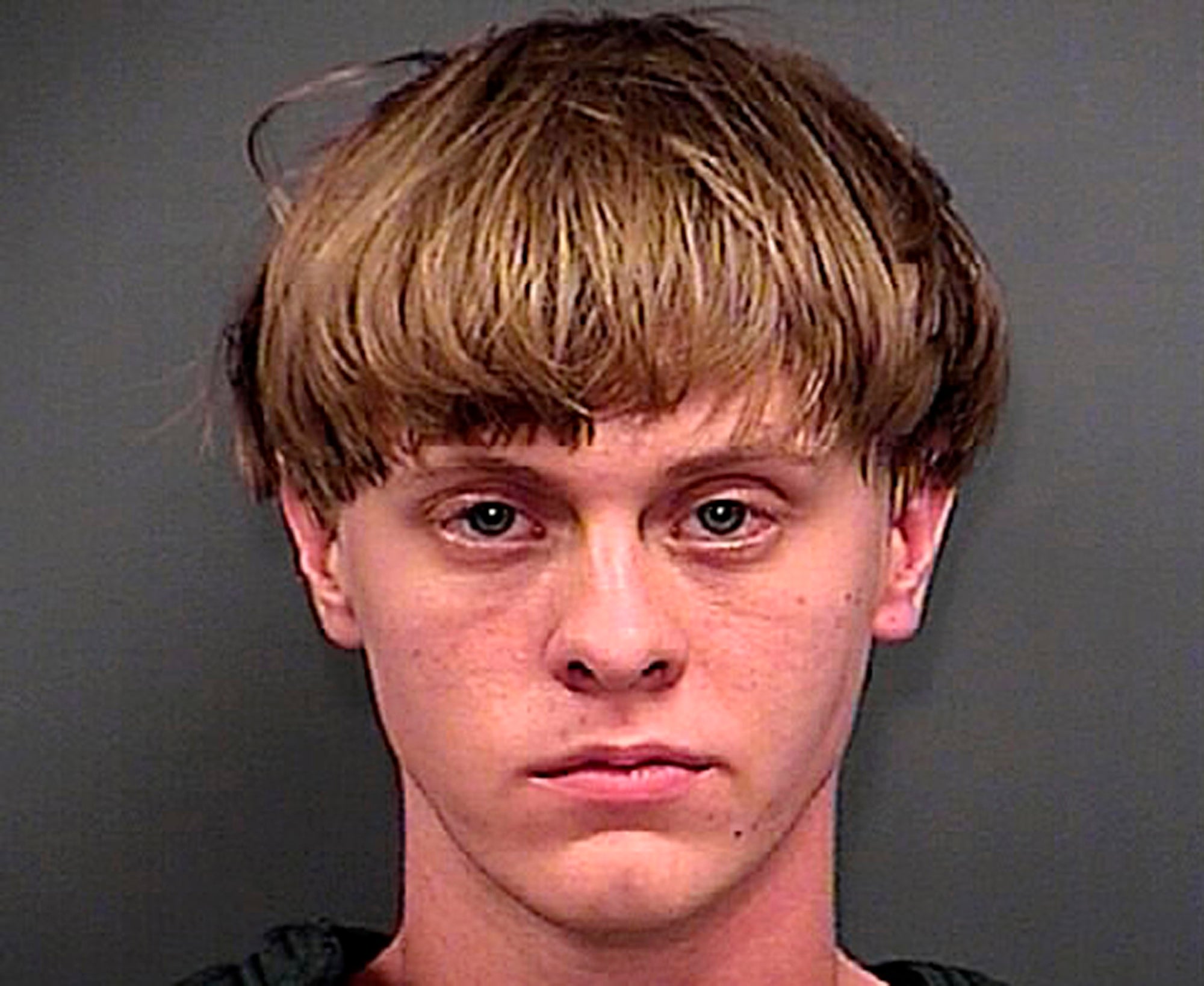Assassination attempt or domestic terrorism? Why Trump’s shooting poses a problem for the FBI
Experts weigh in as the FBI investigates Thomas Crooks’ assassination attempt

Your support helps us to tell the story
This election is still a dead heat, according to most polls. In a fight with such wafer-thin margins, we need reporters on the ground talking to the people Trump and Harris are courting. Your support allows us to keep sending journalists to the story.
The Independent is trusted by 27 million Americans from across the entire political spectrum every month. Unlike many other quality news outlets, we choose not to lock you out of our reporting and analysis with paywalls. But quality journalism must still be paid for.
Help us keep bring these critical stories to light. Your support makes all the difference.
The FBI is investigating the attempted assassination of Donald Trump as a “potential” case of domestic terrorism, after the former president was shot at by Thomas Matthew Crooks on July 13.
Though Trump survived the shooting attempt with relatively minor injuries from the bullet that grazed his ear, it is evident that the shooter sought to kill or seriously harm the Republican presidential candidate, who was speaking at a rally in Butler, Pennsylvania.
What remains unclear are the motivations behind the actions of 20-year-old Crooks, who was shot dead by Secret Service on the scene. As one expert said, it seems that “some of the motives died with him”.
How can the FBI determine whether Crooks’ motives were a case of domestic terrorism — and to what extent does it matter?
Crooks bought 50 rounds of ammo from a local gun shop, before using a semiautomatic AR-style rifle to fire shots at the rally toward the former president. One man was shot dead, while two more aside from Trump were injured.
The investigation has also found three devices, which are suspected to be improvised explosives, two of which were in Crooks’ car. A fireworks detonator was also found on the roof where Crooks was shot.
Reports have found that Crooks came from a family of mixed political allegiances, and he himself appears to have had confusing political beliefs. His mother is a registered Democrat, and his father — whose name was on the weapon registration — is a Libertarian who owns over a dozen guns.
Thomas Matthew Crooks himself was a registered Republican, though he made a donation of $15 to the Democratic-leaning group Progressive Turnout Project in 2021. Law enforcement say his phone reveals searches for both Trump and President Biden before the shooting, including researching Trump’s public appearances and the Democratic National Convention.
2001 Patriot Act definition of domestic terrorism
The term `domestic terrorism’ means activities that:
- involve acts dangerous to human life that are a violation of the criminal laws of the United States or of any State
appear to be intended:
- to intimidate or coerce a civilian population
- to influence the policy of a government by intimidation or coercion;
- or to affect the conduct of a government by mass destruction, assassination, or kidnapping
- and occur primarily within the territorial jurisdiction of the United States.
Darryl Johnson, a terrorism expert with experience in the Department of Homeland Security, says that having an ideologically-driven motivation is central to domestic terorrism.
“Domestic terrorism is ideological, motivated violence without foreign direction. What makes it different than criminal violence is that there’s a belief system behind it. They’re trying to effect vital change or government policy, or whatever it is,” Johnson says.
However, domestic terrorism is not a specific criminal charge.
This is a blindspot for prosecuting terrorism in the US, says Javed Ali, a domestic terrorism expert with 20 years of experience at the FBI and Department for Homeland Security.
“Something can be described as domestic terrorism, but you cannot legally charge someone with a violation of domestic terrorism,” he says. “Even if you can take a domestic event and fit it into the legal definition of terrorism, there’s no crime in US law to then match the definition, and that is one of the big gaps in how our country tackles this.”
In the case of Thomas Crooks: “It clearly was an assassination plot,” Ali adds. “Some of the motivation died with him, but in my assessment, this was only about killing Trump. It wasn’t a mass shooting. He didn’t empty the magazine on fully automatic and kill as many people as he could. Instead, he was firing controlled bursts.”
So does an assassination of this kind fall under the umbrella of domestic terrorism?
For that, we have to look at past presidential assassinations; and experts have differing views.
“In US political culture, this isn’t actually that uncommon. We’ve had four presidents assassinated, from 1865 to 1963. We had President Reagan shot by John Hinckley in 1981, and President Trump being shot now in 2024,” says Ali.

An attempted presidential assassination is not always necessarily driven by ideological motivations, Ali adds, which means that the unsuccessful shooting of Donald Trump may not fall under domestic terrorism: “The FBI is trying to figure out what motivated Crooks to do this. This one is a little different, because it may not be terrorism, it may be assassination [caused by] hatred of a political candidate.”
Johnson disagrees; he says that political assassination attempts fall squarely into the definition of domestic terrorism.
“If it’s a political figure, yes, it’s domestic terrorism, even leaders of civic organizations or civil rights groups and stuff like that,” he says. “It all depends on the person that was killed — what was their potential position, and what do they represent?”

“Martin Luther King [Jr.], his assassination would also be terrorism, even though he wasn’t a political figure,” he adds. “He was trying to lead a civil rights movement for a group of people that were oppressed, so he was killed for it.”
Johnson also points out that the Donald Trump shooting may not have a clear political motivation in terms of party loyalty, but could have been driven by hatred of a specific issue or policy: “There’s a growing number of young people who mix and mesh seemingly opposite political issues and social issues... They might be concerned about the environment, but push for gun ownership. So we have this mixing of different ideologies from both sides of the political spectrum, which could be confusing too.”
Domestic terrorism is on the rise
Instances of domestic terrorism are on the rise in the US, particularly in the last decade.
There were 529 incidents of terrorism between 2011 and 2021, according to the University of Maryland’s Global Terrorism Database, with 102 incidents in 2020 alone.
This is more than double the number of terrorist incidents (253) between 2000 and 2010, including 9/11.
Though this figure includes international terrorism, the vast majority of these acts are domestic terrorism, ranging from racial extremists to anti-abortion terrorism.
Experts have pointed out that the internet has played a big influence in changing the shape of terrorism, particularly since it is harder to detect signs, and in the case of Crooks using encrypted communication.
“The technology revolution that happened 10 years ago or 15 years ago, with cell phones, social media, and encryption, that clearly provided a boost to violent extremist rhetoric and propaganda, not only on the domestic terrorism side, but even on the international side,” says Ali.
In addition, the internet and social media can contribute to ‘lone actor’ violence, as in-person networks are no longer necessary to get training or develop ideology.
“When someone’s doing this in the privacy of their home, you have no idea. These threats can just come out of the blue,” warns Johnson. “Another thing that the internet has done is created a network for these people to get support that emboldens them to act.”
Johnson adds: “That’s the dilemma that law enforcement has with a lone offender versus a group” as oftentimes, a lone offender act “goes undetected until the last minute.”
Criminal charges
In this instance, the shooter was killed on the spot, so there will be no trial. But previous cases of domestic terrorism have led to charges from weapons offences to conspiracy, depending on the context.
In 2015, Dylann Roof opened fire in a church in Charleston, South Carolina, killing nine African-American people inside.

Roof was charged with a federal hate crime, even though his violent acts fit the bill for terrorism.
“Dylann Roof, a white supremacist lone gunman, almost fits the same profile as Thomas Crooks, young man who was a loner and socially isolated,” Ali says. “Roof was stewing in his own ideological fervor of far-right, white-supremacy, white-power extremism, and then he murdered nine people. That certainly fits the definition of terrorism. How could it not? But Roof was charged, at least under federal law, with a federal hate crime.”
The FBI investigation into Thomas Crooks is ongoing.
Subscribe to Independent Premium to bookmark this article
Want to bookmark your favourite articles and stories to read or reference later? Start your Independent Premium subscription today.